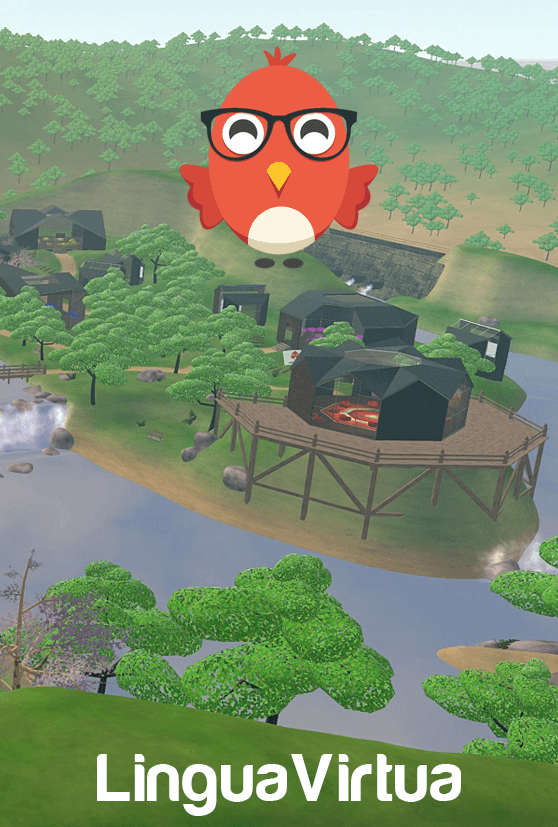If you’ve attempted to learn an entirely new language, then you’ll know that it isn’t necessarily a walk in the park. However, that doesn’t mean language learning is entirely impossible. Here are five easy ways you can make your journey to becoming a polyglot a breeze.
1. Incorporate language learning into your lifestyle
You need to make language learning a part of your everyday life. This is one of the early mistakes language learners make. You can have a formal language learning class, which is, of course, helpful, but learning certainly doesn’t stop there. Once you’re out of the formal learning setting, make an effort to apply your language lessons in your daily life.
Talk to native speakers of the language. If they know you’re trying to learn their language, they’ll be happy to help you. If you can’t find someone to talk to, talk to yourself. Label household items in the new language, change your phone’s language, listen to music, watch films in your target language without subtitles, or read foreign children’s books.
The more exposure you have with your new language, the easier it will be for you to learn and absorb. One of the most important things is to keep things fun and interesting. That’s what learning another language is all about!
2. Set attainable goals
When you start to learn a new language, it’s not wise to jump right into the intermediate or expert levels. Begin with the basics: simple words and phrases such as greetings, introducing yourself, asking for directions, numbers, or time. Remember that, in relation to your new language, you are like a child who has just started learning from scratch. Be kind to yourself, take it easy, and know that it will take time.
Setting attainable goals will help you learn a new language, slowly but surely. You can start with learning 20 or 30 words and phrases, then increase the number as you progress. You can take on grammar and syntax later after you’ve gotten a grasp of the basics.
3. Talk to yourself
This was mentioned in the first step, and we can’t stress this enough: talk to yourself using the new foreign language you’re trying to learn. This may sound crazy, but it works.
Face a mirror (when you’re alone, if it makes you more comfortable). Imagine your reflection as someone else. Make a dialogue, practice a made-up conversation. This way, you can keep new words and phrases fresh on your mind. This also builds up your confidence for the next time you speak with someone.
4. Don’t be afraid to make mistakes
One of the reasons adults have a hard time learning new things is that we’re afraid to make mistakes. Children, on the other hand, are expected to make mistakes so they just carry on learning no matter how many times they stumble.
The same thing is true with language learning. Be like a child in terms of curiosity and the courage to make mistakes. The beginning is always a struggle, and you may encounter difficulties with pronunciation, tone, grammar, or all of the above. Don’t be afraid to make these common mistakes. Have patience with yourself and don’t be too conscious with how you’re doing. You will surely improve over time.
5. Make friends, join a community
You can try to learn a new language on your own, but it can be more fun when you have friends to learn it with. Find a partner, be it a classmate, a sibling, a friend, or a complete stranger. Both of you can practice speaking with each other and, at the same time, have a learning buddy who can point out your mistakes that you might not have been able to catch on your own. You can also join language-learning groups, online or offline, where you can discuss and ask questions. A community like LinguaVirtua is a great start, so you’ve come to the right place.
And if you want something more exciting, travel to communities where the new language you are trying to learn is considered to be spoken natively. Spend time with the locals and immerse yourself in their culture and lifestyle. This takes time and money, but it is a great travel and learning experience that you can treasure for a lifetime.
Do you have other tips in mind? Share them here in the community!



























Leave a Reply